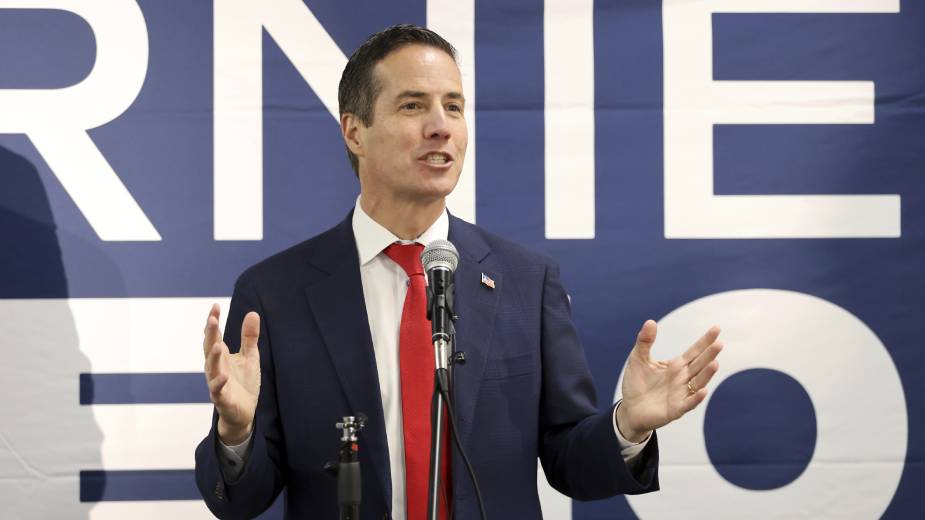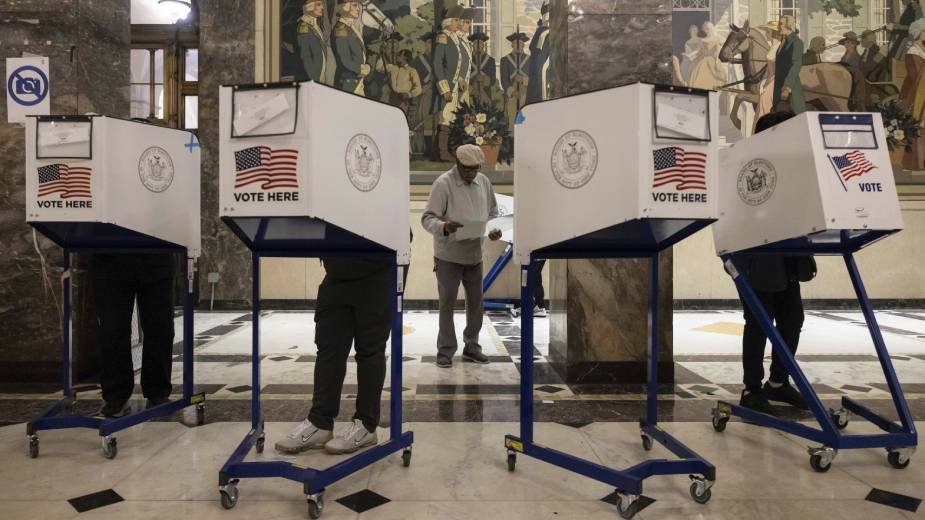NLRB Decision Could Impact Social Media Rules
By Attorney Kevin Day, Harrington, Hoppe & MItchell
YOUNGSTOWN, Ohio — For many businesses, the use of social media by employees has in recent years become one of the most challenging aspects of an employer-employee relationship.
Employees can unwittingly divulge important company information, make statements that reflect poorly on the company or even make statements that attack their employer. In an effort to combat this trend, many employers have developed social media policies that seek to restrict what employees can say about the company online.
These policies have recently come under fire from the National Labor Relations Board as potentially being unlawful under the National Labor Relations Act.
In the case of Chipotle Services, LLC and the Pennsylvania Workers Organizing Committee, the NLRB reviewed the social media policy that Chipotle previously instituted for its employees.
The policy stated, in part, that no confidential, disparaging or misleading statements regarding Chipotle, its customers or its employees, could be made by employees on their personal social media accounts. The NLRB ruled that this policy violated Section 8 of the NLRA because it could stifle the ability of employees to organize a bargaining unit through their social media accounts.
This decision by the NLRB is significant because of the increasingly challenging issues social media presents to employers, which will only become more challenging in the future.
As all business owners are aware, the statement or actions of an employee are often imputed by the public onto the company itself and any statements by employees disparaging the company could cause others to have a potentially negative outlook toward the company itself. An employer would have a significant interest in preventing an employee from making such disparaging statements on social media because of the potentially devastating effects those statements could have on the company.
However, the NLRB’s decision clearly prevents employers from adopting a broad social media ban on employees’ statements concerning the company.
Employers Still Have Plenty of Options
So the question becomes what, if anything, can employers do about employees on social media?
Well, for starters the NLRB permits employers to have a social media policy that bans harassing and discriminatory statements made by employees towards the company, customers and other company employees. This exception to the broader rule established by the NLRB in Chipotle provides protection against some social media speech from which employers would prefer their employees refrain.
Additionally, with the assistance of a lawyer, employers can craft better social media policies geared not only towards complying with NLRB standards but also towards protecting the most important interests of business owners.
For instance, in Chipotle, employers were not permitted to ban employees from divulging confidential information about the company online. The NLRB’s reasoning for not permitting such a ban was that the term “confidential” was too broad and could potentially encompass information that could prevent employees from being able to organize together.
However, if the policy precisely defined the term “confidential” as meaning “information related to trade secrets, customer and marketing data, inventory and other similar information,” the NLRB may not have ruled that the social media ban on employees divulging “confidential” information was improper under the NLRA.
Thus, while Chipotle does limit what employers can prohibit through social media policies, employers can still protect their business interests through carefully crafted social media policies while also complying with the new NRLB standards.
In light of these new standards, companies should consider reviewing and revising their social media policies, not only to keep up with changes in the law but also to keep the pace with changes in technology in our evolving world.
______________
The author, Kevin Day, is a lawyer in the Youngstown office of Harrington, Hoppe & Mitchell. He can be reached at [email protected] or 330 744 1111.
Copyright 2024 The Business Journal, Youngstown, Ohio.



